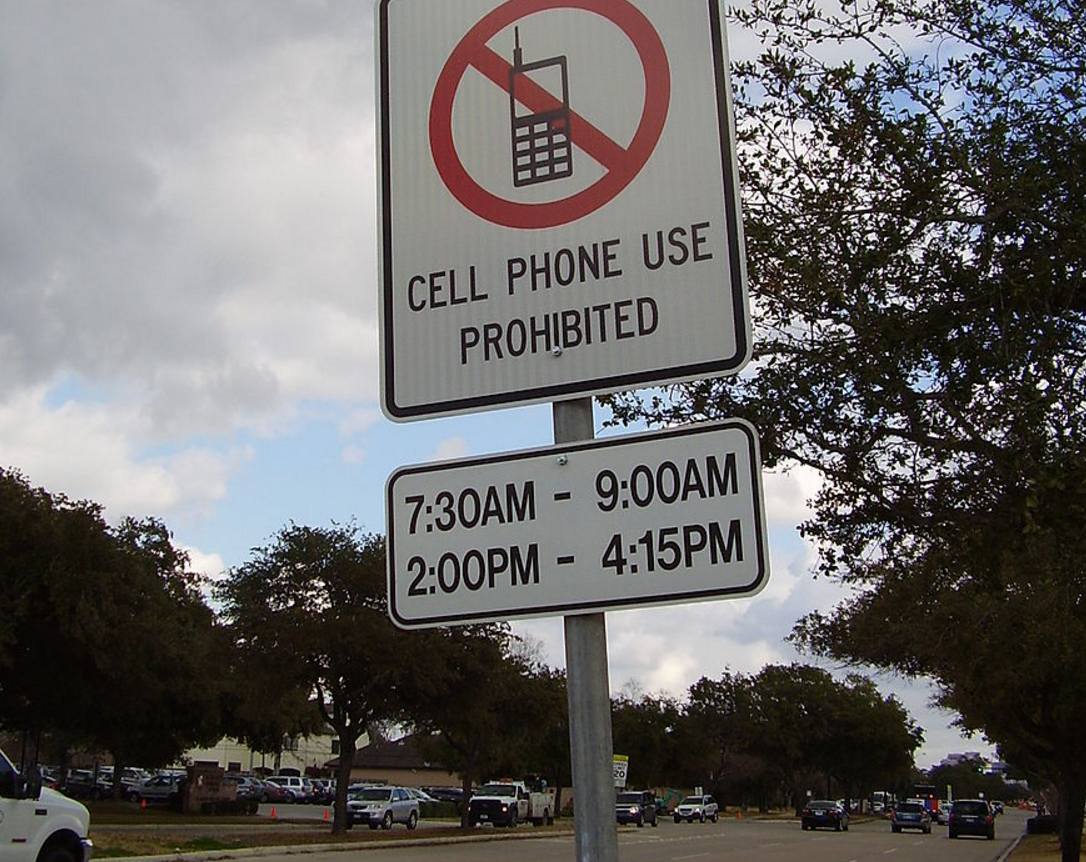How Best to Communicate: Phone Call, Email, Text, Social Media

Sam Rainer
Like me, you probably get a lot of messages throughout the day. They all coalesce in my smartphone. I assume most of you have the same set up. It’s convenient. But the message amalgamation can become a source of stress, especially for task-oriented people. I’m among your ranks.
So, I’m giving my thoughts about when you should use each communication channel: In-person, phone call, email, text, and social media. Better uses of these channels may exist. Comment if you want to add your thoughts.
In-person. This channel of communication is the most intimate. However, it can be the briefest as well. Use in-person conversations when you want to communicate something important, or if you simply need to stop by someone’s desk for a brief answer. Senior pastors should also take time each day to practice MBWA. You can’t lead a staff through a phone or computer.
Phone call. Is tone and context important? Then don’t send an email or text! Use a phone call when how you say something is just as important as the content of the message. Also, in the church, take into account the expectations of older generations. They typically prefer phone calls. Additionally, phone calls are typically more proactive by design—the passing of information from you to someone else.
Email. This channel of communication is more reactive by design—you typically need a response from someone when you send an email. For example, if you need to challenge your pastor’s theology, then email is not the proactive way to communicate. Pick up the phone or schedule an in-person meeting. However, if you have a theological question you need to ask (reactive), then email is a good way to communicate. Before sending an email consider these items:
- Use email when you have action items.
- Will the message be more than a paragraph? Then email may not be the best channel.
- Do you need documentation of communication? Then email is probably the best channel.
- Don’t use email to escalate an issue.
- What happens if someone forwards the email to the rest of the world?
- Bullet points are your friends in an email.
Text. Use a text to communicate something quickly: “There are donuts in the breakroom.” If you need to send someone an action item, then use email, not a text. Texts can get lost easily. Most phones don’t queue text messages like emails, and once read, it’s easy to forget them. In fact, I had to ask my assistant to use Voxer (a walkie-talkie-like messaging system) in order to distinguish her messages from other text messages. This communication channel also applies to text-like messaging apps (e.g. Group Me, which is what my staff uses instead of texts). Texts are convenient but not professional. Emoticons and emojis don’t help 😉
Social media. If you send a Twitter DM and get irate when someone doesn’t respond immediately, then you’re probably a lost cause with the EQ skills of a Muppet. Though social media is the lowest form of communication, there are times to use it. I use these channels for “shot in the dark” connections (I don’t know the person), because it’s the only contact information I have. But when you contact someone in this way, you should not expect the person to respond. I also use Facebook Messenger for family, friends, and church member communication. But I don’t respond to every message. Some people use Facebook Messenger like email, but I don’t recommend it.
Not all communication channels are created equal. They serve different purposes and have different levels of urgency. And I know I left off snail mail. I still use it but only to write hand-written thank you notes. I write a few a week. It’s probably my favorite channel of written communication. No emojis needed.







Great post Sam! (No response needed 🙂 … oops)
Thanks Bobby!
A 73 year old, intentional bi-vocational pastor would love to hear more details using Social Media to communicate with local church members relating to event reminders and special team meetings.
Also, YouVersion sermon outlines used in the morning worship service ? ? ?
Gary – Below are a couple of links that may be helpful. Thanks!
http://blog.echurchgiving.com/social-media-for-your-church-how-to-do-it-well/
http://blog.echurchgiving.com/3-ways-social-media-can-help-curb-church-decline/
That’s not to say that you need to communicate in real time for everything – you don’t – but you should be thoughtful about what communication mode you choose, and you should keep in mind that email and other written forms of communication are notorious for causing miscommunications about tone and intent.
When important. .. All three. Each person is different in what they value